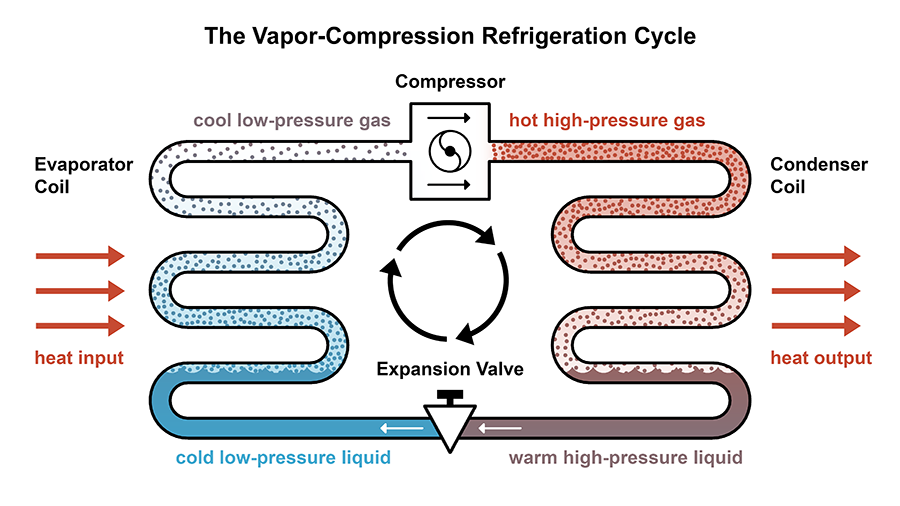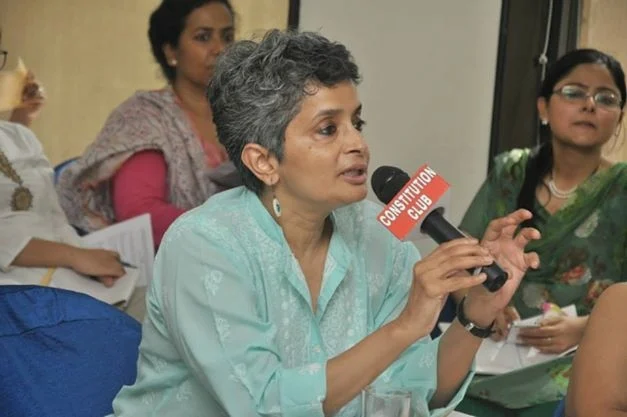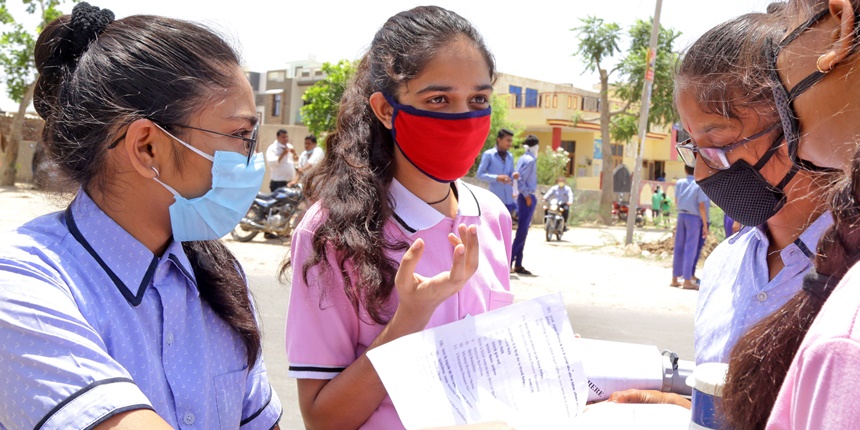Table of Contents
IBPS (Institute of Banking Personnel Selection) is a premier organization in India that conducts recruitment exams for various posts in the banking sector. Established in 1975, IBPS has been instrumental in selecting and recruiting candidates for various public sector banks in India. In this article, we will discuss IBPS and its role in the banking industry.
Role of IBPS:
IBPS conducts various recruitment exams for different positions in the banking sector, including clerks, probationary officers, specialist officers, and management trainees. The organization is responsible for conducting the recruitment process from the initial application stage to the final selection of candidates.
IBPS also conducts online examinations for the recruitment of clerks and officers in various public sector banks in India. These exams are conducted at various centers across the country, and the selection process involves a preliminary examination, a main examination, and an interview.
The organization also provides training programs for candidates who have cleared the IBPS exams. These programs help candidates to develop their skills and prepare them for the challenges of working in the banking industry.
IBPS has played a significant role in transforming the recruitment process for public sector banks in India. Previously, each bank used to conduct its recruitment process, which led to a lot of discrepancies and inconsistencies in the selection process. However, with the introduction of IBPS, the recruitment process has become more transparent and streamlined.
Benefits of IBPS:
The introduction of IBPS has brought many benefits to the banking industry in India. One of the most significant advantages is the standardization of the recruitment process. With IBPS, the selection process is fair and unbiased, and candidates are selected based on their merit.
IBPS has also reduced the burden on banks by taking over the responsibility of the recruitment process. Banks no longer have to conduct their recruitment process, which saves them time and resources.
Moreover, IBPS has made the recruitment process more efficient by conducting online exams. This has made it easier for candidates to apply for multiple positions and has also reduced the time required for the selection process.
IBPS has played a crucial role in the recruitment of candidates for the banking sector in India. The organization has transformed the recruitment process and has made it more transparent and streamlined. With its efficient selection process, IBPS has helped banks in India to hire the best candidates for various positions.
What is the salary of IBPS?
As an organization, IBPS itself does not have a salary structure but rather conducts exams for various positions in the banking industry, such as clerks, probationary officers, and specialist officers.
The salary of employees in these positions varies depending on the bank and the location. In general, the starting salary of a clerk in a public sector bank can range from Rs. 18,000 to Rs. 21,000 per month, while the starting salary of a probationary officer can range from Rs. 30,000 to Rs. 40,000 per month.
However, it’s important to note that these are just rough estimates and actual salaries can vary depending on various factors such as job location, experience, and the bank’s pay structure. It’s best to check with individual banks for their specific salary structure.
What is the qualification for IBPS?
The qualifications required for IBPS exams vary depending on the specific exam and position being applied for. However, in general, the basic eligibility criteria for most IBPS exams are:
Nationality: The candidate must be a citizen of India, a subject of Nepal, Bhutan, or a Tibetan refugee who came to India before January 1, 1962, with the intention of permanently settling in India.
Age: The candidate must be between 20 to 30 years old, although there is age relaxation for candidates belonging to certain categories such as SC/ST, OBC, etc.
Educational Qualification: The candidate must have a Bachelor’s degree in any discipline from a recognized university or an equivalent qualification recognized by the Central Government.
Language Proficiency: The candidate must be proficient in the local language of the state or region for which they are applying.
It is important to note that the eligibility criteria may vary depending on the specific exam and position being applied for. Therefore, candidates are advised to carefully read the official notification and eligibility criteria before applying for any IBPS exam.
Is IBPS better than SBI?
IBPS and SBI are both important organizations in the banking sector in India, but they serve different roles.
IBPS (Institute of Banking Personnel Selection) is an autonomous body that conducts recruitment examinations for various public sector banks and financial institutions in India, except for SBI. IBPS conducts exams such as the Common Written Examination (CWE) for Clerks, Probationary Officers (POs), Specialist Officers (SOs), and Regional Rural Banks (RRBs).
On the other hand, SBI (State Bank of India) is a government-owned banking and financial services company in India. It is the largest bank in India and offers a wide range of banking products and services, including personal banking, corporate banking, investment banking, and insurance.
Therefore, it is not appropriate to say that one is better than the other since they serve different functions. However, it is worth noting that both IBPS and SBI are important players in the banking industry in India and play crucial roles in providing employment opportunities and financial services to the citizens of India.
Is the IBPS exam tough?
The IBPS (Institute of Banking Personnel Selection) exam is considered moderately difficult by many candidates. It is designed to test the candidate’s knowledge and aptitude in various subjects related to banking, finance, and general awareness. The difficulty level of the exam can also vary depending on the level of preparation and the individual’s strengths and weaknesses.
The IBPS exam is divided into different stages, including a preliminary exam, a main exam, and an interview. Candidates need to clear all stages to get selected for the job. The competition level is high as lakhs of candidates appear for the exam every year. However, with proper preparation, dedication, and hard work, candidates can crack the IBPS exam.
It is recommended that candidates thoroughly study the syllabus, practice previous years’ papers, take mock tests, and stay updated with current affairs to increase their chances of success in the IBPS exam.
Is IBPS a permanent job?
IBPS stands for Institute of Banking Personnel Selection. It is an organization that conducts recruitment exams for various public sector banks in India.
IBPS itself is not a permanent job as it is an organization that conducts recruitment exams and provides staffing solutions to banks. However, the jobs that are offered through IBPS exams are permanent jobs in public sector banks, which means that once selected, the candidate is appointed as a permanent employee of the bank.
The job roles offered through IBPS exams include Probationary Officer (PO), Clerk, Specialist Officer (SO), and Regional Rural Bank Officer and Assistant. These positions come with job security and various benefits such as pensions, medical benefits, and other allowances. Therefore, while IBPS is not a permanent job, the jobs that are offered through IBPS exams are permanent jobs in public sector banks.
Is the IBPS interview tough?
The IBPS interview can be challenging, but it ultimately depends on your preparation and performance. The Institute of Banking Personnel Selection (IBPS) conducts exams to recruit candidates for various posts in public sector banks in India. After clearing the written examination, candidates are called for an interview. The interview panel assesses the candidate’s personality, communication skills, and overall suitability for the job.
To excel in the IBPS interview, it is crucial to prepare thoroughly. Candidates should have a good understanding of current affairs, banking and finance, and the organization they are applying for. They should also practice answering common interview questions and develop strong communication skills.
How many attempts are there in IBPS?
The number of attempts allowed for IBPS exams varies depending on the exam and the category of the candidate. Here is a general guideline for the maximum number of attempts allowed:
IBPS Clerk: There is no limit on the number of attempts for the IBPS Clerk exam.
IBPS PO: For the IBPS PO exam, the maximum number of attempts is four for candidates belonging to the general category, seven for candidates belonging to the OBC category, and there is no limit for candidates belonging to SC/ST/PWD categories.
IBPS SO: The maximum number of attempts for the IBPS SO exam is four for candidates belonging to the general category, and seven for candidates belonging to the OBC category, and there is no limit for candidates belonging to SC/ST/PWD categories.
It’s important to note that these are general guidelines, and candidates are advised to check the official notification of the particular exam they are appearing for to confirm the exact number of attempts allowed.
Also, read TMT full form































